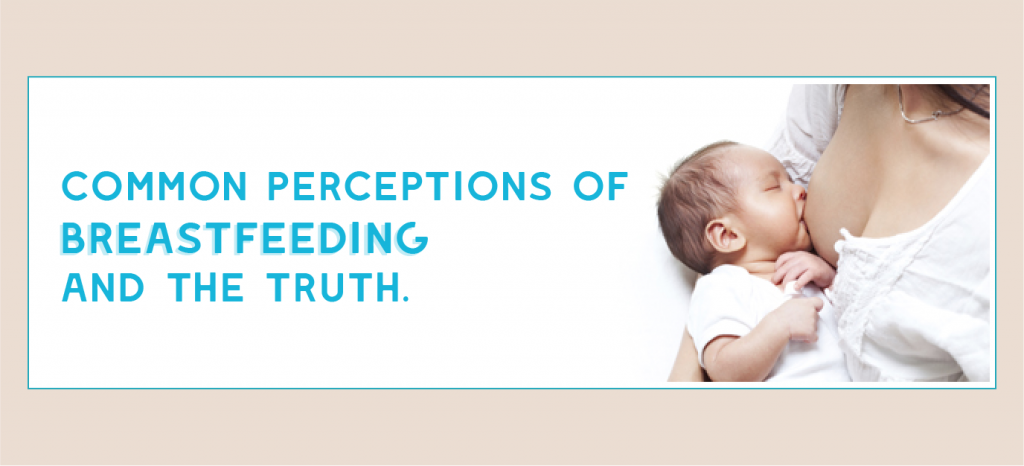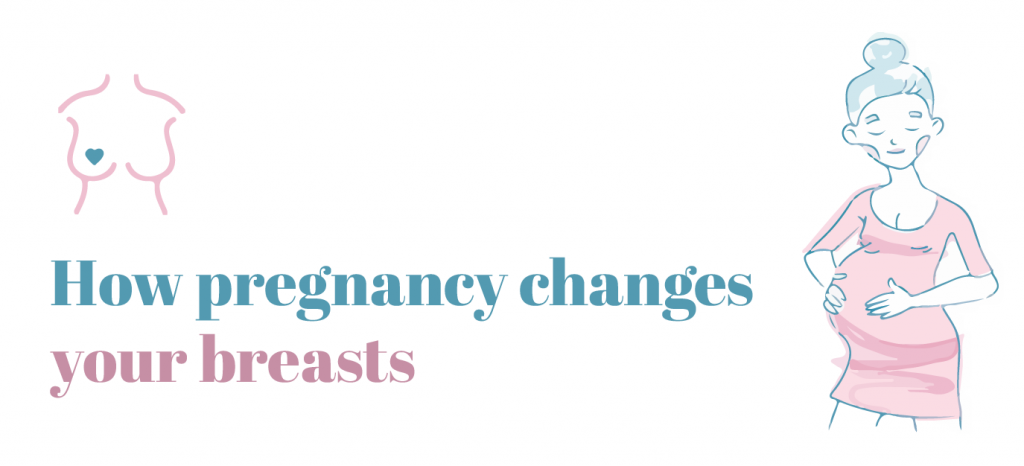
Pregnancy is the most wonderful phase in a woman’s life and every woman wants to be in the best health during this time. However, pregnancy can come with its share of uneasiness and being ill can take away from the experience. This makes it essential to take preventive measures, especially because it could be harmful to your baby.
What Can Make You Prone to Certain Infections?
Our body has a natural defence mechanism to protect us from bacteria and viruses. Antibodies help fight infections, but sometimes our body fails to make enough antibodies.
Infections occur during pregnancy mainly because the immunity is lowered. The immune system adapts to protect you as well as your baby. Some part of the defence mechanism is enhanced while some gets suppressed.
Infections contracted during pregnancy can be complicated as they affect not only you but, in some cases, also your baby. Therefore, learning about these infections and getting timely treatment is crucial. Here is a list of some common infections:











